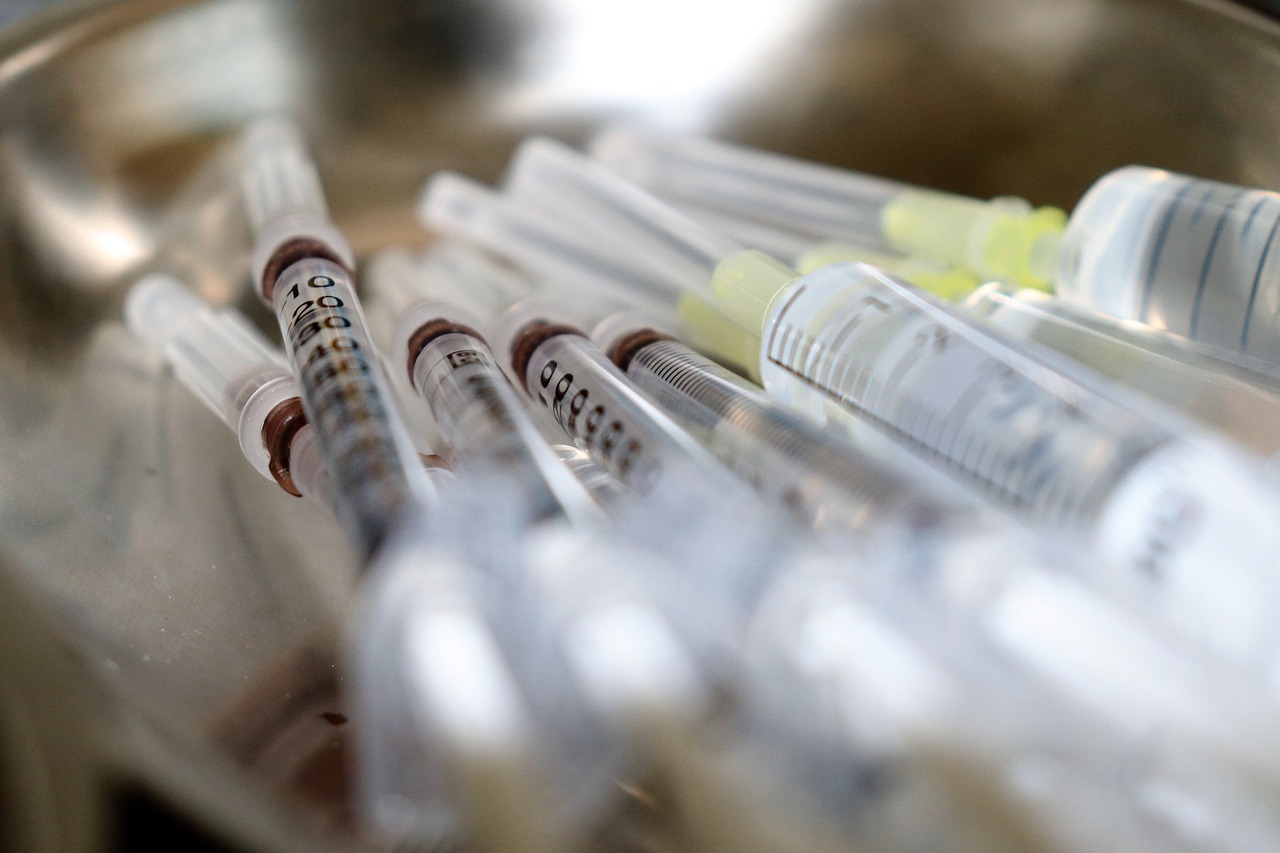
Distribution of the Moderna Covid-19 vaccine has started today, as infection cases continue to increase in the US.
The first doses of the Moderna Covid-19 vaccine, which received emergency use authorization a few days ago, are scheduled to be administered to patients on Monday morning, according to Operation Warp Speed lead Moncef Slaoui.
Moderna receives authorization
In a news release, the Food and Drug Administration (FDA) announced that it has issued an emergency use authorization (EUA) to Moderna for its Covid-19 vaccine.
FDA Commissioner Stephen M. Hahn said: "With the availability of two vaccines now for the prevention of COVID-19, the FDA has taken another crucial step in the fight against this global pandemic that is causing vast numbers of hospitalizations and deaths in the United States each day."
"Through the FDA’s open and transparent scientific review process, two COVID-19 vaccines have been authorized in an expedited timeframe while adhering to the rigorous standards for safety, effectiveness, and manufacturing quality needed to support emergency use authorization that the American people have come to expect from the FDA."
"These standards and our review process, which are the same we have used in reviewing the first COVID-19 vaccine and intend to use for any other COVID-19 vaccines, included input from independent scientific and public health experts as well as a thorough analysis of the data by the agency’s career staff," Dr. Hahn explained.
Moderna's vaccine is the second to receive an EUA after FDA authorized Pfizer and BioNTech’s Covid-19 vaccine for emergency use last week.
According to Dr. Peter Marks, director of the FDA’s Center for Biologics Evaluation and Research, the announcement "holds the promise to alter the course of this pandemic in the United States."
"With science guiding our decision-making, the available safety and effectiveness data support the authorization of the Pfizer-BioNTech COVID-19 Vaccine because the vaccine’s known and potential benefits clearly outweigh its known and potential risks," Dr. Marks said.
Distribution of vaccines
Assistant Secretary for Health Admiral Brett Giroir explained that while it will take months before the wider public receives the vaccines as they are prioritized for health care workers and long-term care patients, health officials are aiming to distribute the vaccines to 20 million people by the first week of January.
Additionally, a Centers for Disease Control and Prevention (CDC) panel recommended that essential workers must take the Covid-19 vaccine first. The panel voted 13-1 Sunday to have "frontline essential workers" and people 75 years of age and older prioritized for taking the coronavirus vaccine.
The phase 1b group is expected to include about 49 million people, or nearly 15% of Americans, according to the CDC’s Advisory Committee on Immunization Practices (ACIP). The committee is composed of frontline essential workers such as police officers, teachers, firefighters, corrections officers, and others but relegated "other essential workers" to phase 1c.
Educational staff, including daycare workers, manufacturing workers, food and agricultural workers, U.S. postal service employees, public transit workers, and grocery store workers are also part of the list, based on ACIP’s provided list. ACIP states that these workers "are in sectors essential to the functioning of society and are at substantially higher risk of exposure" to Covid-19.
Meanwhile, FDA Commissioner Dr. Scott Gottlieb said Covid-19 vaccine distribution could face challenges.
"The experience with the antibody drugs is not a good harbinger. As we get into the next tranche of people to be vaccinated, which is going to be in the community, it might be challenging for states to distribute those vaccines if they can’t distribute the antibody drugs,” Gottlieb said.
Gottlieb, a board member of Pfizer, explained that the challenge for the antibody drugs is a last-mile problem for states. The available supply of the treatments is being connected directly with people in the community who need it.






